The naira, Nigeria’s currency, has been on a turbulent journey, facing consistent depreciation and mounting inflationary pressures. As inflation rises to alarming levels and fiscal deficits continue to grow, experts are raising questions about whether government policies are doing more harm than good. While there have been efforts to stabilise the naira through reforms, the underlying economic challenges seem to outpace any gains. The focus now shifts to understanding how these policy missteps may be exacerbating inflation and further weakening the naira.
Background on Naira’s Struggles
For years, the naira has battled persistent challenges ranging from fluctuating global oil prices to weak domestic production. Nigeria’s heavy reliance on crude oil exports leaves the economy vulnerable to shocks when prices dip. Compounding the problem is the country’s dependence on imports for essential goods, which places enormous pressure on foreign exchange reserves.
Join our WhatsApp ChannelThe fiscal deficit has continued to balloon, with public debt reaching N135.8 trillion by the end of 2024—a staggering 39 percent increase year-on-year. The government’s reliance on borrowing to finance its spending has raised questions about sustainability. Despite efforts by the Central Bank of Nigeria (CBN) to implement foreign exchange reforms, these policies have only achieved limited success in curbing the naira’s depreciation in the parallel market.
Inflation, which stood at 34.80 percent as of December 2024, has worsened due to rising food and energy costs. Analysts warn that inflationary pressures are being fuelled not only by external factors but also by government decisions, such as increased taxation and the removal of subsidies, which raise production costs and consumer prices.
How Policies are Worsening Inflation and Weakening the Naira
1. Fiscal Deficits and Debt Management
Large fiscal deficits and rising public debt have emerged as key factors undermining the naira’s stability. Dr. Adetunji Lawal, an economist, emphasised this point, stating: “Nigeria’s borrowing spree is unsustainable. Each time the government borrows more, it depletes investor confidence in the naira. Without addressing the root cause of the fiscal deficit, the naira will continue to struggle.”
READ ALSO: CBN Urges Businesses To Leverage Weak Naira For Export Growth
The government’s approach to financing deficits through domestic and foreign borrowing is leading to higher debt servicing costs. This diverts funds from critical infrastructure projects, further stalling economic growth.
2. Inflationary Policies and Subsidy Removal
Another controversial policy has been the removal of fuel subsidies. While intended to free up resources for development, this policy has caused a ripple effect on transportation and food prices. Dr. Fatima Bello, a development economist, explained: “The government’s subsidy removal policy was poorly timed. Inflation was already high, and taking away subsidies only deepened the financial burden on households. This, in turn, weakens the purchasing power of the naira.”
3. Forex Reforms and Exchange Rate Management
Although the CBN has introduced measures such as the Enhanced Foreign Exchange Management System (EFEMS) to enhance transparency in forex transactions, challenges persist. The naira continues to trade at a much lower value in the parallel market compared to the official rate.
According to financial analyst Uche Nwosu, “The foreign exchange reforms are a step in the right direction, but they are not enough on their own. The lack of dollar inflows due to low oil production and dwindling foreign investments is a critical issue that must be addressed. Without adequate forex supply, the naira will remain vulnerable.”
Potential Solutions to Save the Naira
1. Strengthening Local Production
A key solution lies in reducing the country’s reliance on imports. Investing in agriculture and manufacturing could help stabilise the naira by decreasing the demand for foreign exchange. Dr. Bello argued: “Diversifying the economy is not a luxury; it is a necessity. The more we depend on imports, the weaker our currency will become.”
2. Transparent Fiscal Policies
Experts also point to the need for transparent fiscal policies to reduce wasteful spending and enhance public trust. Dr. Lawal noted, “Corruption and inefficiency in government spending have a direct impact on the naira. Taxpayers need to see that their money is being used effectively.”
3. Oil Sector Reforms
Oil remains Nigeria’s economic backbone. Revamping the sector to increase production and maintain stable prices could provide a much-needed boost to foreign exchange reserves. Nwosu highlighted the importance of this, stating: “The oil sector reforms are crucial. Without them, we risk further currency depreciation due to reduced forex inflows.”
The naira’s struggles are deeply intertwined with Nigeria’s broader economic challenges. High inflation, fiscal deficits, and mismanaged reforms have placed the currency under immense pressure.
While government policies have shown some promise, their execution and timing often fall short, exacerbating the economic woes. As the naira continues to battle these headwinds, experts agree that urgent, transparent, and well-coordinated action is needed to restore stability. Only time will tell if these efforts will succeed or if the naira will remain a victim of policy missteps.
Emmanuel Ochayi is a journalist. He is a graduate of the University of Lagos, School of first choice and the nations pride. Emmanuel is keen on exploring writing angles in different areas, including Business, climate change, politics, Education, and others.
- Emmanuel Ochayihttps://www.primebusiness.africa/author/ochayi/
- Emmanuel Ochayihttps://www.primebusiness.africa/author/ochayi/
- Emmanuel Ochayihttps://www.primebusiness.africa/author/ochayi/
- Emmanuel Ochayihttps://www.primebusiness.africa/author/ochayi/

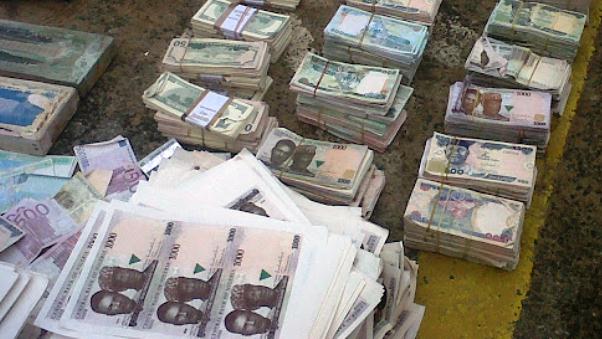





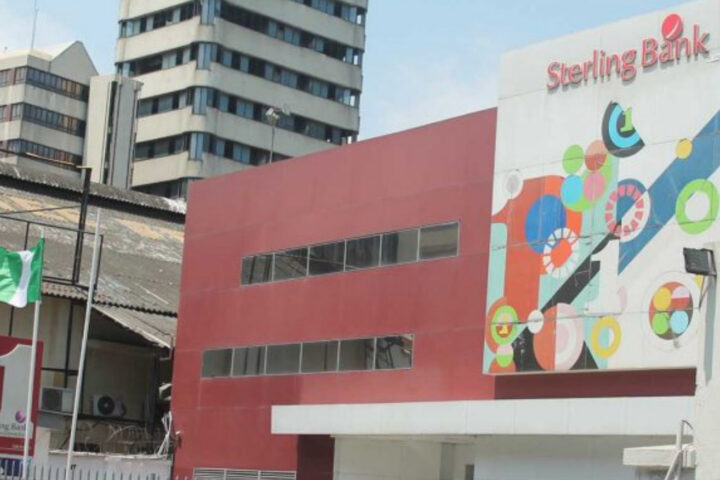
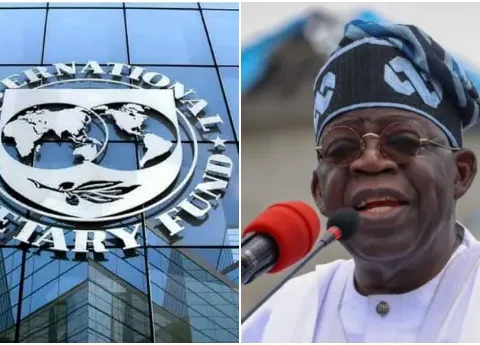
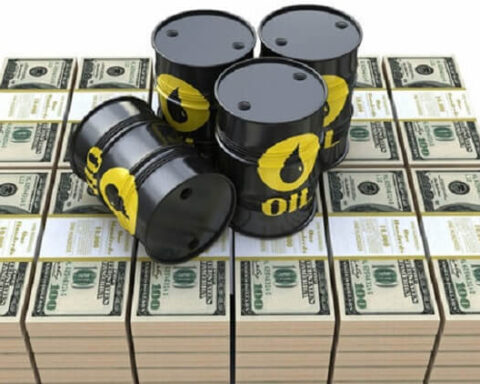
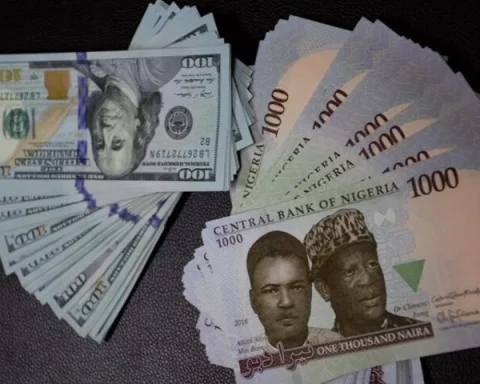
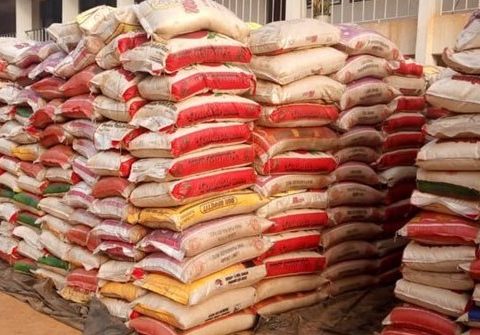






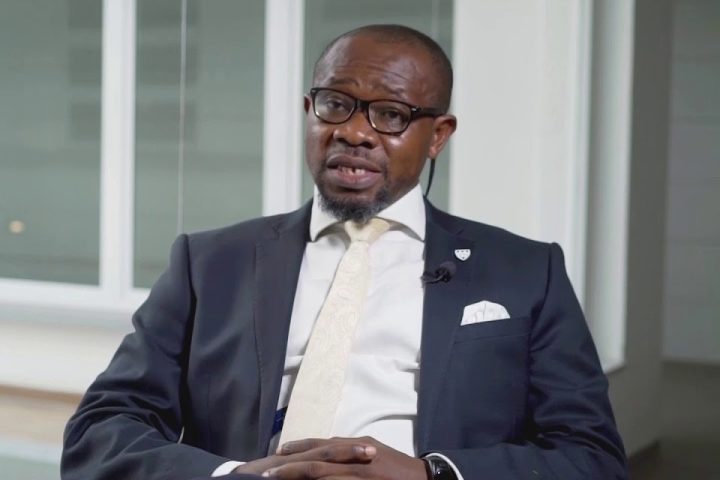

Follow Us